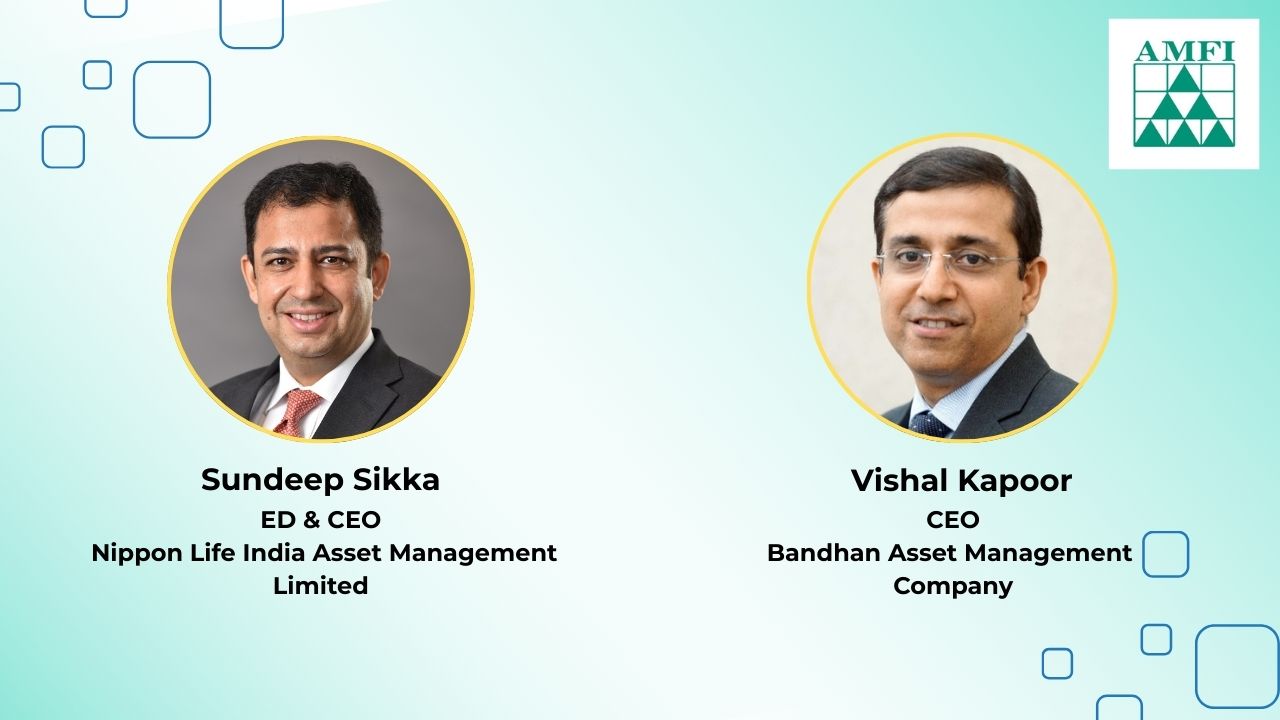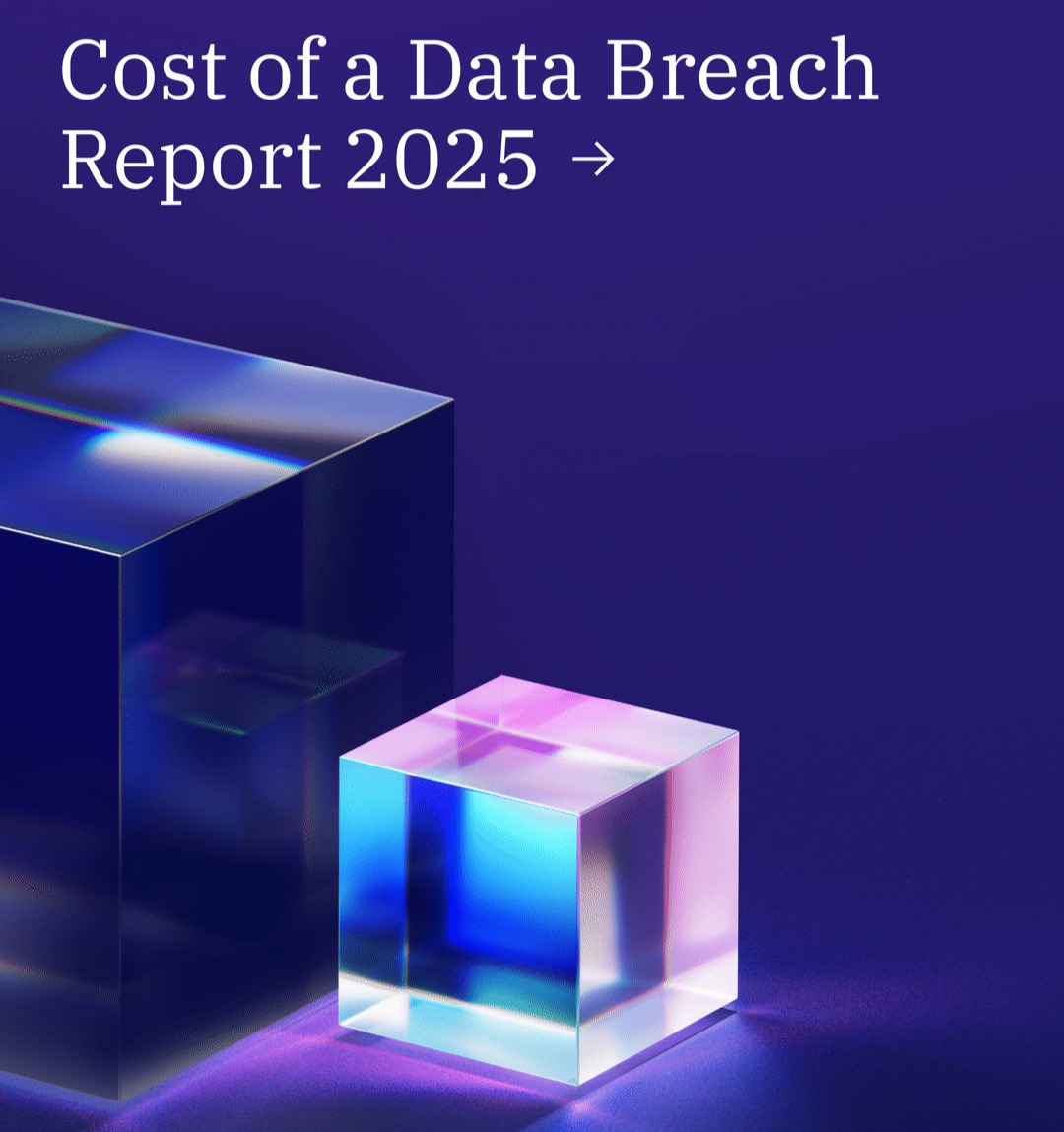In an era where information travels faster than strategy, reputation has become the most fragile yet most valuable asset an organization possesses. Whether in banking, insurance, manufacturing or technology, reputation defines stakeholder confidence, customer loyalty, and investor trust. For India’s 6.3 crore small and medium enterprises (SMEs), as well as large corporates, reputational capital often determines competitive survival as much as financial capital does. Yet, unlike credit or operational risk, reputational risk is less tangible, harder to measure and far more complex to repair once damaged.
India has witnessed this reality repeatedly. A banking institution under regulatory scrutiny sees its share price crash within hours. An e-commerce giant accused of unfair trade practices faces boycotts amplified by social media. Even local businesses suffer when a negative customer video goes viral. The lesson is clear: in today’s digital-first, regulation-heavy environment, reputational resilience must be treated as a core business necessity, not a defensive afterthought.
Understanding Reputational Risk in Context
Reputational risk refers to the potential harm to an organization’s standing due to negative public perception, stakeholder sentiment or loss of trust. Unlike financial risk, which can be quantified, reputational risk is multifaceted, spanning customers, regulators, employees, investors and the broader community.
Triggers often come from other risk domains:
- Operational failures such as data leaks, service disruptions or defective products.
- Regulatory lapses including compliance breaches, fraud or governance failures.
- Social and ethical issues like labour exploitation, environmental negligence or misleading ESG claims.
- Leadership missteps ranging from insensitive public statements to poor handling of crises.
In India, with growing regulatory scrutiny under laws like the Data Protection Act 2023 (DPDPA), evolving ESG disclosures, and sharper media oversight, the likelihood of reputational harm is rising across sectors.
Principles of Reputational Risk Management
1. Boardroom Accountability
Reputation must sit on the board agenda alongside credit, market and operational risk. A strong governance framework means defining clear accountability, escalation protocols, and risk appetite around reputation. Some Indian banks now include quarterly reputation reviews in enterprise risk dashboards; a practice SMEs can adopt at scale.
2. Building a Culture of Ethics and Transparency
No amount of PR can save a company whose culture tolerates misconduct. Employees are the first custodians of reputation. Training on compliance, ethics and digital responsibility, combined with whistleblower protections and transparent leadership, creates resilience from within. For SMEs, even simple steps like codifying a code of conduct or setting up an anonymous grievance channel can strengthen reputation.
3. Proactive Stakeholder Engagement
Trust is built in calm waters but tested in storms. Companies must actively engage with regulators, customers, employees and communities, not only when crises erupt. For SMEs, this could mean regular social media listening and responding authentically, while larger corporates might adopt structured stakeholder mapping and quarterly engagement forums.
4. Crisis Preparedness and Swift Response
Reputational risks are amplified by poor responses. A cyber breach, for instance, becomes a reputational disaster if disclosed late or downplayed. A crisis plan should cover:
- Designated spokespersons and media protocols.
- Real-time monitoring tools for news and social sentiment.
- Pre-tested holding statements and escalation procedures.
- Simulated drills to prepare leadership teams.
The golden rule is speed and authenticity, acknowledge, address and act. Silence or denial rarely works.
5. Leveraging Technology and Data
AI-powered sentiment analysis, digital threat monitoring and predictive analytics are no longer luxuries. They can help identify negative narratives early, track misinformation campaigns, or detect unusual spikes in customer complaints. For BFSI players, such tools also align with regulatory expectations around proactive risk management.
6. Authentic ESG and Sustainability Commitments
Globally and in India, stakeholders are increasingly judging companies on their ESG performance. However, “greenwashing” or superficial CSR claims are reputational landmines. The key is authenticity backed by data, whether it is a corporate committing to renewable energy targets or an SME adopting fair labour practices. Transparent disclosure builds trust; overpromising and underdelivering erodes it.
7. Financial and Insurance Safeguards
While reputation cannot be fully insured, reputation risk insurance is emerging as a tool, particularly for sectors like BFSI, e-commerce and healthcare. Coupled with legal preparedness and financial buffers, it ensures organizations can recover without crippling losses while addressing the root causes of crises.
Case Snapshots
The Negative Case – India’s Banking Sector: A leading private bank faced a storm when governance lapses and executive controversies hit headlines. Beyond regulatory penalties, the real cost was a dent in customer and investor trust, taking years to rebuild.
The Positive Case – An Indian Startup: After a food delivery platform faced a major data breach, it responded within hours, acknowledged the incident publicly, worked with cybersecurity experts and communicated recovery measures transparently. Instead of long-term reputational loss, it earned credibility for honesty.
These examples reinforce that reputation is not about perfection, it is about how organizations handle imperfection.
From Risk to Resilience
Managing reputational risk is not about eliminating controversy, it is about preparing for it, responding to it, and learning from it. For India’s SMEs and corporates, the priority should be to embed reputation into the DNA of governance and culture. This means engaging stakeholders with authenticity, leveraging technology for foresight and aligning business strategy with ethical values.
In a marketplace where consumer trust is volatile, regulators are vigilant and digital narratives are unforgiving, reputation is no longer a soft issue, it is hard strategy. Those who manage it well will not only survive turbulence but thrive as trusted leaders in India’s rapidly evolving economy.











